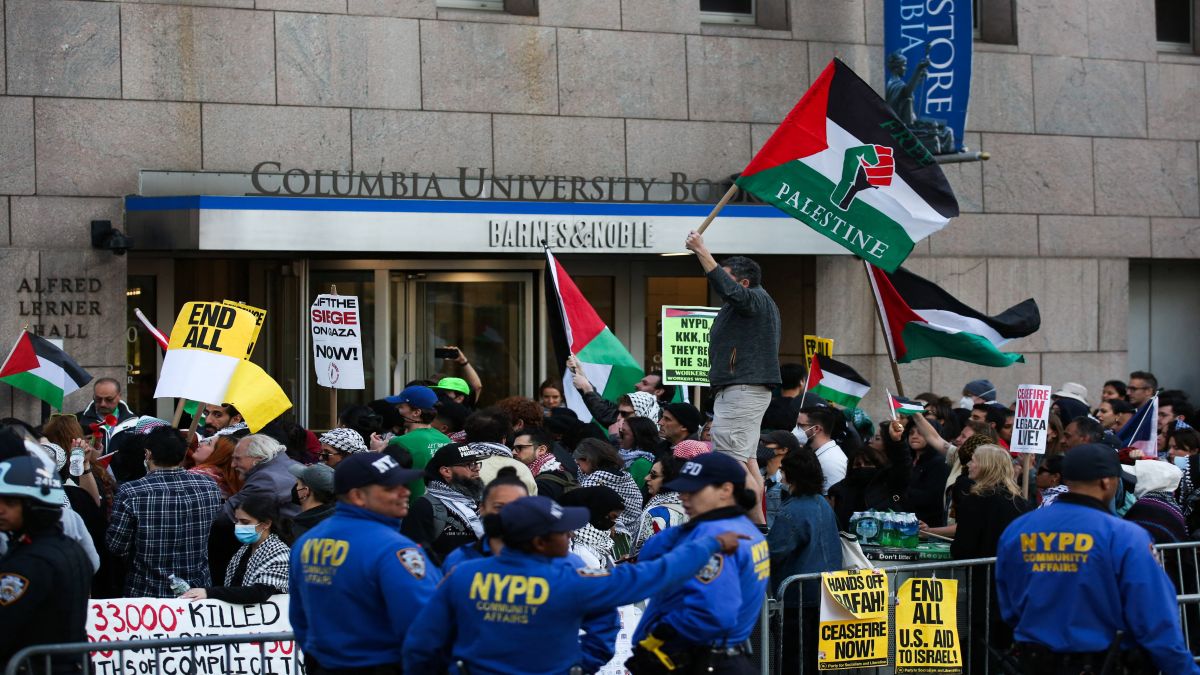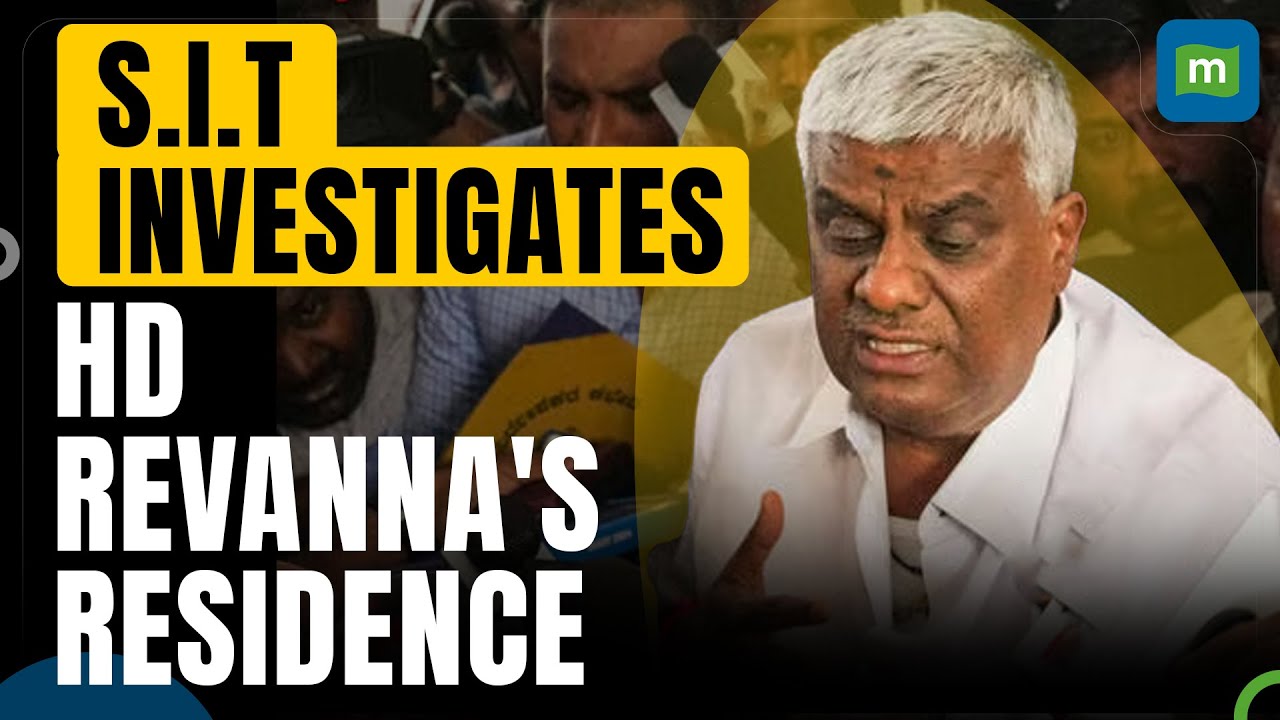
VANTAGE | WHY INDIA'S WORDS ON US UNIVERSITIES' PROTESTS MARKS A BIG POLICY SHIFT
India has just played a diplomatic ‘uno-reverse’ game. It is quite a rare one, too. A lot of US colleges have become protest sites. Thousands of students are rallying for Gaza. They are accusing their government of supporting a ‘genocide’. They have been reversed with a crackdown. Hundreds of protesting students have been arrested, sometimes quite violently.
Normally, India wouldn't react to something like this, but this time, New Delhi has broken that trend. The Ministry of External Affairs has reacted to the college protests. It had some advice for the White House: "Democracies should display understanding in regard to other democracies. After all, we are all judged by what we do at home and not what we say abroad."
There is no room for doubt here. India is clearly talking about the US.
But notice the language. New Delhi has not criticised America's handling of the issue, nor has it expressed concern. Instead, it has served as a reminder for Washington.
India understands the need for public order. But wish the US understood the same in the case of India. This is a significant policy change for New Delhi.
This doesn't weaken or change the bilateral relationship, but it does send a message. The US was gripped by the Black Lives Matter movement; an unarmed black man had been killed by police officers. There were protests and riots in US cities, but New Delhi said nothing. European capitals criticised the US; comments came from China, yet nothing from India. India does not make unsolicited comments and only reacts when it is particularly targeted or defamed.
Like when US reports questioned freedoms in India. Or, when rights agencies talked about Indian secularism, India would hit back, but this is different.
These college protests have nothing to do with India. The students are calling out Joe Biden. They do not have beef with India. Yet, the ministry has reacted. The question is: is this the new policy? Will we also see comments on other issues?
Like the condition of migrants in Europe, the crackdown in Hong Kong, or the genocide in Xinjiang.
India's tone has become harsher. This change can be seen right at the top. Even Foreign Minister S. Jaishankar recently talked about the Western coverage of India's elections.
“We get advice from the Western press; if they criticise our democracy, it is not because they lack information because they think they are also political players in the election games that are being played,” said EAM Jaishankar. Again, a harsh tone. The idea here is not to antagonise others. The idea is to make them understand that unsolicited comments are not welcome.
America commented on India's issues. The farmers protest, the new citizenship act, and, of course, the general commentary on human rights The US never tried to understand the nuances; Washington saw and reacted, but now it has a taste of its own medicine. Let's see how they respond to it.
The views expressed in the above piece are personal and solely those of the author. They do not necessarily reflect Firstpost’s views.
2024-04-26T08:10:28Z dg43tfdfdgfd
